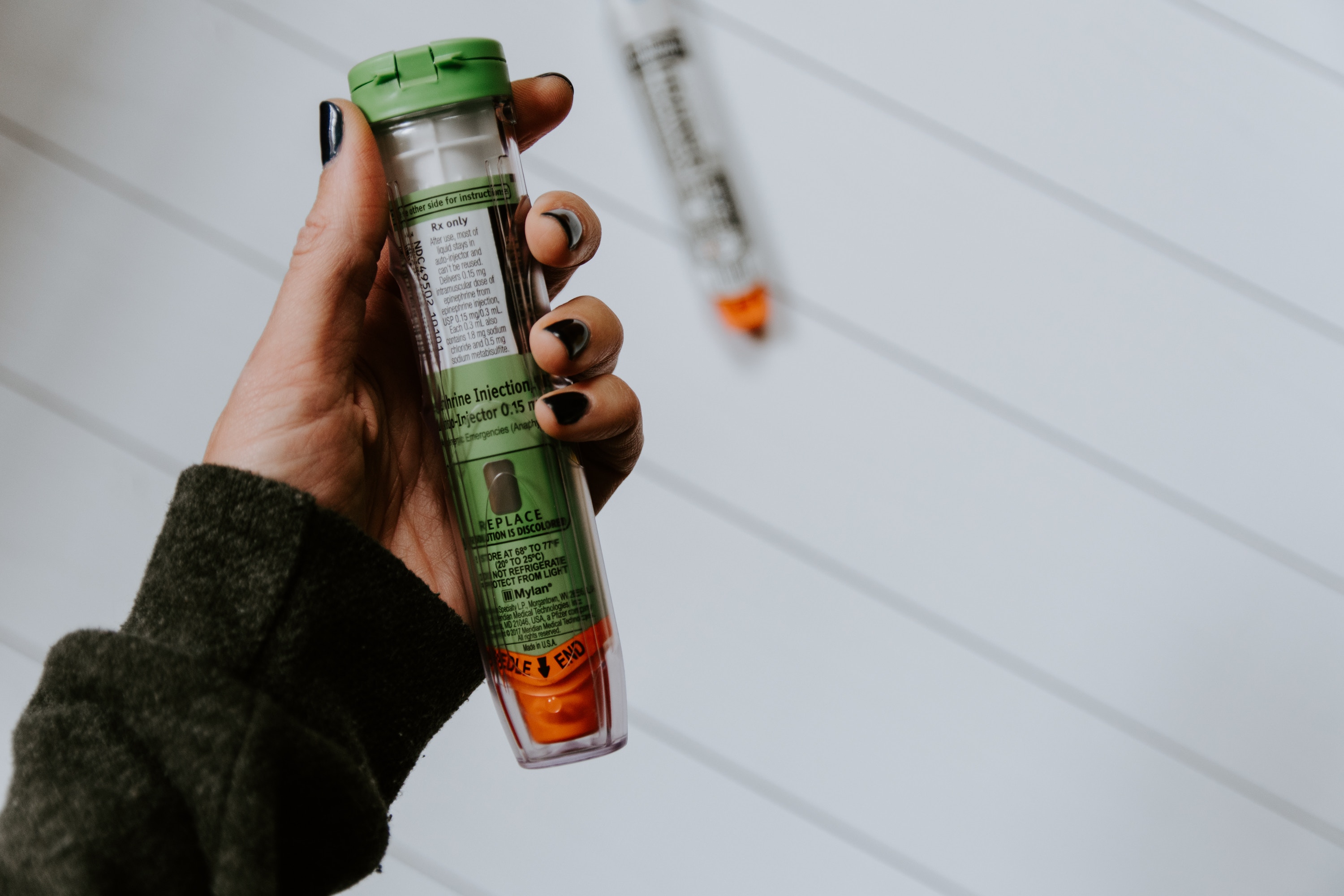 Allergies can be alarming and sometimes life threatening. They can appear out of nowhere, vary in severity and force you to act quickly. Therefore, understanding a charge’s allergies is crucial when ensuring their safety.
Allergies can be alarming and sometimes life threatening. They can appear out of nowhere, vary in severity and force you to act quickly. Therefore, understanding a charge’s allergies is crucial when ensuring their safety.
Different Types of Allergies..
Children can be allergic to a huge variety of things and whilst there is no definitive list, the key food types that the NHS advises can cause a reaction are:
☑ Cows’ Milk
☑ Eggs
☑ Foods that contain Gluten: including Wheat, Barley & Rye
☑ Nuts & Peanuts
☑ Seeds
☑ Soya
☑ Shellfish
☑ Fish
Other foods, medicines and materials such as different types of antibiotics, latex or bee stings can also cause reactions. Identifying these is not always straight forward as, more often than not, it will require your charge to suffer from a reaction before you can begin the process of assessing the cause. However, responding quickly to a reaction and being aware of any possible triggers will help you to identify things more easily.
How to Identify an Allergy..
With a far more sophisticated understanding of the world of allergies, doctors are now able to pinpoint what affects somebody and provide advice on how to cope. However, getting to this stage can sometimes be a lengthy process as allergic reactions can present themselves in different forms. Look out for any of the below symptoms and contact a GP if you think that they are linked to an allergic reaction:
☑ Diarrhoea or Vomiting
☑ Coughing
☑ Wheezing/Shortness of Breath
☑ Itchy Throat & Tongue
☑ Itchy Skin or Rash
☑ Swollen Lips & Throat
☑ Blocked/Runny Nose
☑ Sore, Red & Itchy Eyes
Anaphylaxis – What is it? and What do you do?
Severe reactions can result in an anaphylactic shock – wheezing, feeling faint, breathing difficulties, clammy skin and potentially collapsing. This reaction can be life threatening so acting quickly is vital. If the child has an adrenaline auto-injector and you know how to use it, do so. Then, call 999. If you are not certain that it is an allergic reaction but you think it could be, call 999. Do not wait to see if there is an improvement after a couple of minutes; respond quickly and call 999.
Be Prepared..
Understanding what triggers an allergic reaction and avoiding these things is so important when it comes to caring for a child. Confidently knowing how to treat your charge’s allergic reaction is imperative. Therefore, make sure you have attended an Anaphylaxis first aid course and keep an eye out for the symptoms.
Look After Yourself..
Finally, your charge may have avoided suffering from allergies but you may have allergies of your own. If this is the case, be open and honest about these with your family to ensure that you are also protected and feel confident that you are not at risk of an allergic reaction.
Allergic reactions are unnerving and being prepared is the only way.